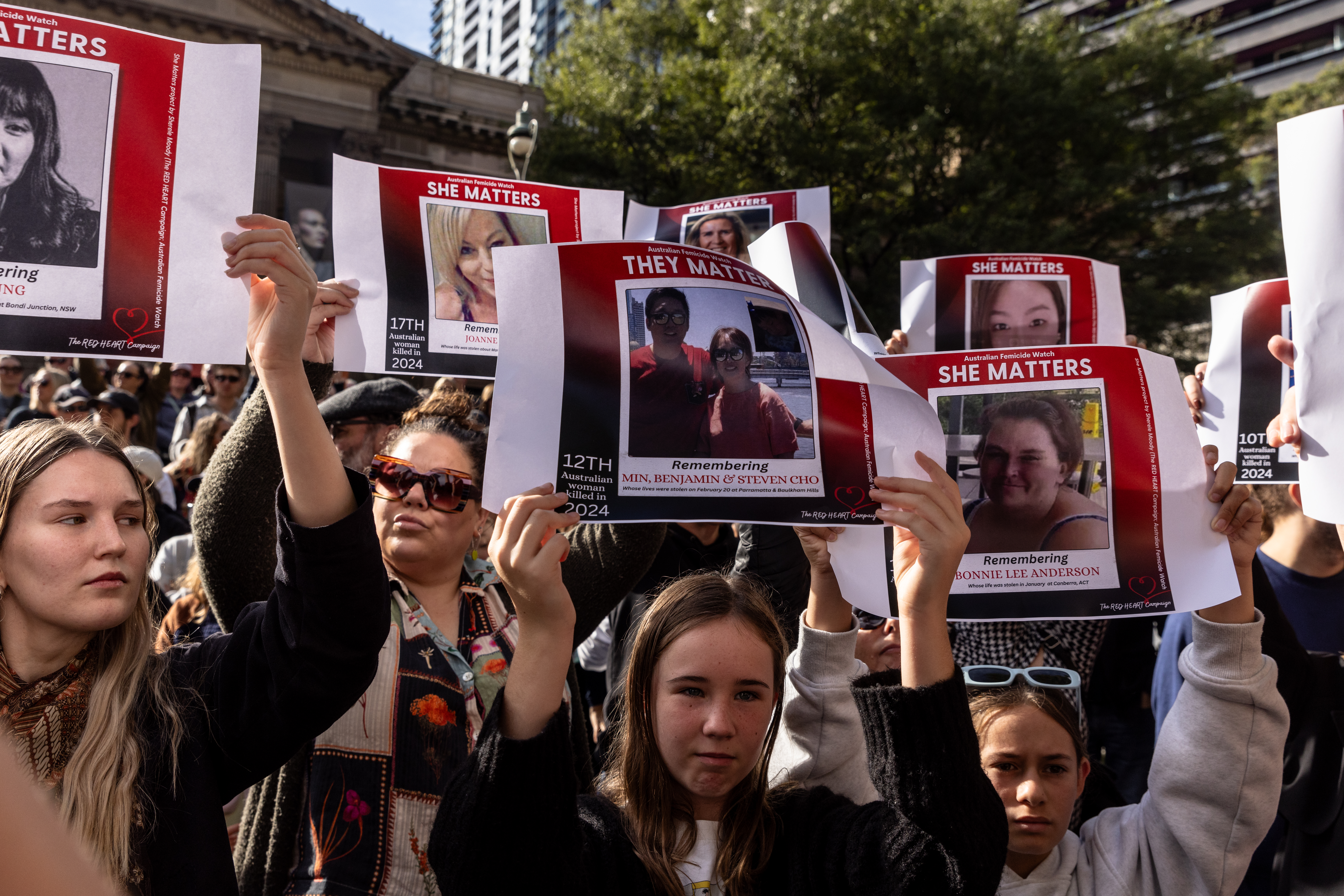Pennsylvania's long budget stalemate could soon make it impossible for some of the state's poorest school districts, including Philadelphia, to get another loan to stay open. Superintendent William Hite announced Tuesday the future of the Philadelphia School District is uncertain due to the state budget impasse.
“Our goal throughout the budget talks has been to keep educating students for as long as possible. At this point, we can continue to make payroll, operating without state funds, through January 29, 2016,” Dr. Hite wrote in a statement. “After that date, our ability to keep schools open, issue paychecks and pay bills is uncertain. The prospect of running out of operating funds is dire. We are exploring all options for contingency planning with our lenders and considering possibilities across many fronts to provide for students’ uninterrupted education. We will also provide financial planning information to employees in the near future.”
Dr. Hite urged supporters to contact the Legislature and Governor Tom Wolf to “advocate for a budget that provides the critical support all Pennsylvania students deserve.
On Monday New York-based Standard & Poor's credit rating agency said it has withdrawn its ratings based on a state government program that can help school districts get more favorable loan terms by giving a guarantee to repay bondholders.
In a Friday note, Standard & Poor's said Pennsylvania cannot ensure the timely payment of debt service because of the stalemate.
"While we consider school aid to be a priority state expenditure, the budget stalemate has led us to conclude that Pennsylvania's state aid payments are no longer a reliable and stable source of funds," Standard & Poor's wrote.
Budgets that are passed late are not unique to Pennsylvania, but Standard & Poor's said it considers the length of Pennsylvania's stalemate and the frequency to be an anomaly.
U.S. & World
Stories that affect your life across the U.S. and around the world.
"It's difficult to maintain the ratings on the program when there are these long and frequent period of times when the state doesn't have a budget and there isn't sufficient oversight to ensure the program works as intended during those periods," Standard & Poor's analyst John Sugden said Monday.
Standard & Poor’s list of school districts that are in the program include Philadelphia, Reading, Bethlehem, Scranton, Erie and York. The list also includes the Pennsylvania State Public School Building Authority.
The Pennsylvania Treasury Department's chief counsel, Christopher Craig, said Monday that if the other ratings agencies were to follow suit, the school districts would effectively be cut off from the debt market, or the cost to borrow would be so high that they could not afford it.
"The budget impasse is now having very significant financial consequences," Craig said.
Erie's superintendent, Jay Badams, said he has authority from his board to borrow up to $30 million, but he did not know whether the district would be negatively affected by the Standard & Poor's action.
"My CFO has a call in to our bank and we'll see," Badams said.
For the time being, Erie has piled up $27 million in unpaid bills — its health insurer, food service provider and local hardware store haven't been paid by the district since July — and it is starting to plan its budget for the 2016-17 school year.
"We're already planning our next year's budget, and we have no idea what we're getting for the current year," Badams said. "It would be funny if it weren't sick."
The state auditor general's office has tallied about $900 million in borrowing by Pennsylvania school districts to get through the impasse, including $525 million by Philadelphia. That total will exceed $1 billion if the stalemate remains intact until January, Auditor General Eugene DePasquale said last week.



